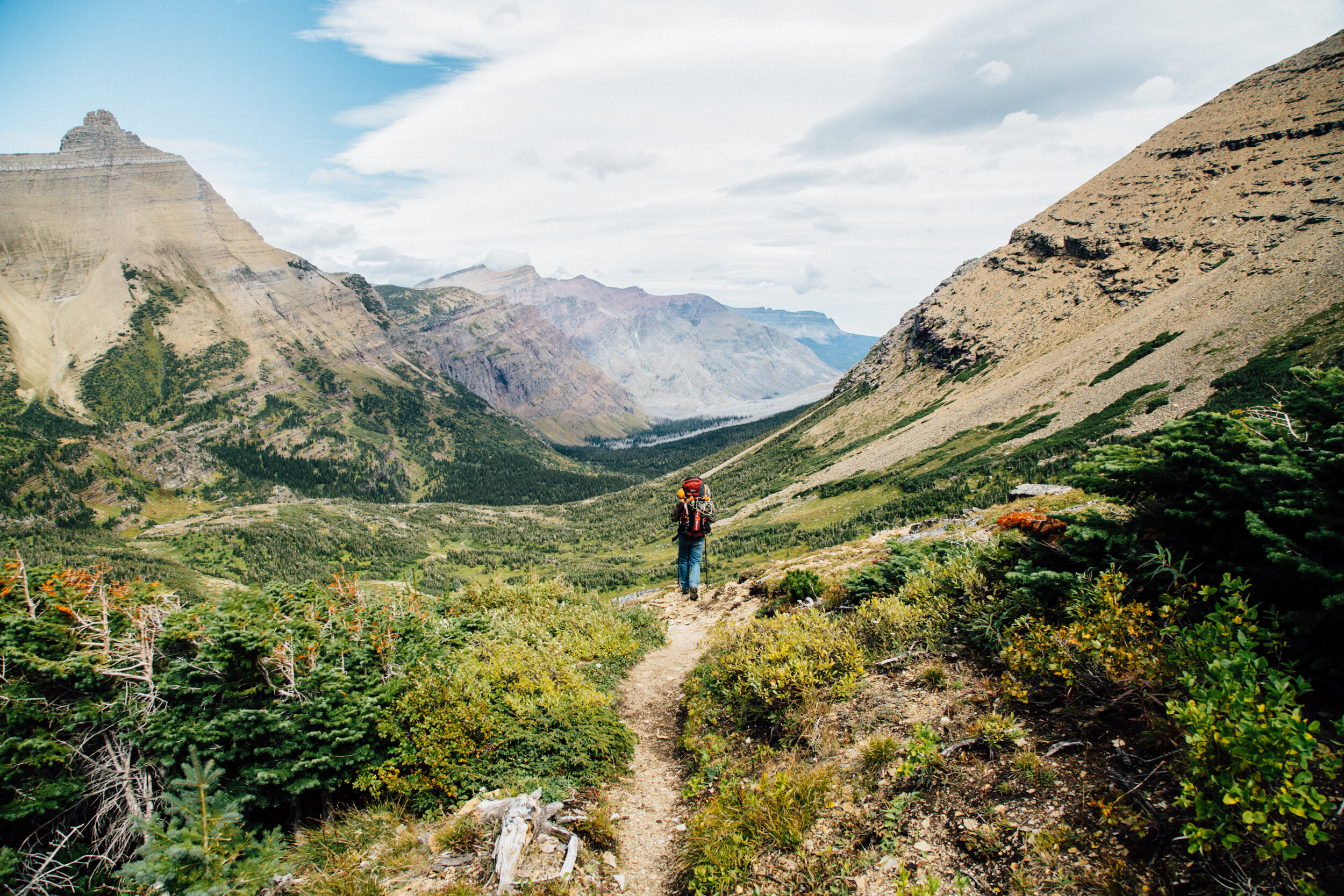Climate, Outdoor Recreation, and How You Can Help With Infrastructure and Reconciliation
Photo credit: Hunter Day
For the first time in 12 years, Congress has a real shot at passing major climate legislation and you can help get it across the finish line.
The package, known as the Build Back Better plan, could be passed through a process known as reconciliation. It’s part of a larger conversation about infrastructure and public lands that started a few months back with a long, tedious, and mostly semantic debate about what constitutes “infrastructure.” Are bridges infrastructure? (Yes). Is child care infrastructure? (Maybe). And without overly dwelling in the tedium of this pseudo-debate—or needlessly reducing places with incalculable and irreplaceable intrinsic value—it seems pretty darn clear that public lands and waters, in this context, count. From clean air to clean water and beyond, public lands do a lot of valuable work for us. They’re also the infrastructure backbone of the outdoor recreation economy, which accounts for more than 2 percent of U.S. GDP.
In early August, the Senate voted to pass a bipartisan infrastructure package and, shortly thereafter, voted to begin the process of budget reconciliation, which creates the possibility that the Senate will be able to pass significant additional investments with a majority vote (rather than a 60-vote supermajority). Last week, the House voted to begin the reconciliation process and set a vote for the bipartisan package for the end of September. The bipartisan agreement contains significant investments in public lands and climate, but the most impactful contributions are likely to come through reconciliation with the Build Back Better plan.
Right now, committees on both sides of the Hill are working to write legislation based on their reconciliation instructions. Over the coming weeks, Congress will decide how seriously to take the climate crisis, and this package is the best chance, probably since the first two years of the Obama administration, to take real, serious climate action. Most of the likely contributions toward climate action will come from outside Outdoor Alliance’s normal public lands purview (things like electric vehicle infrastructure, clean energy standards, and building efficiency improvements), but one marquee public lands items is the potential for investment in a new Civilian Climate Corps to engage in direct public lands stewardship work (you can read our letter here).
Because reconciliation is almost certain to proceed solely with Democratic votes, how big of an investment the package represents is likely to depend on the appetite of a handful of more conservative Democrats, in both the House and Senate, for serious climate action. Right now, it’s essential that your members of Congress hear from you that you support big, bold action to address the climate crisis. You can write your members of Congress below.

